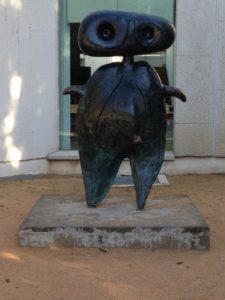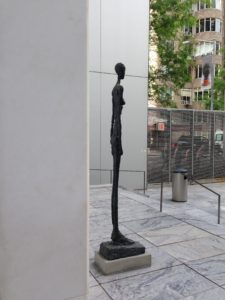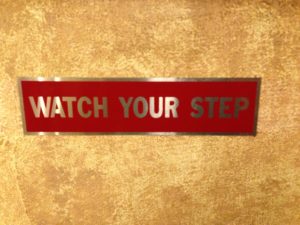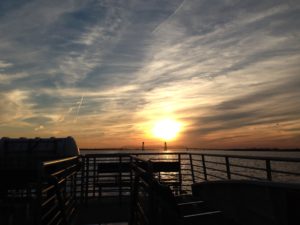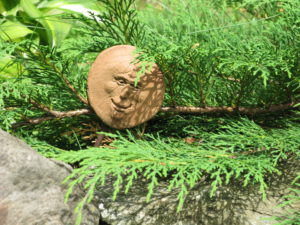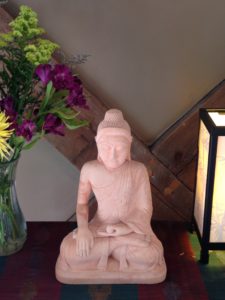This phrase came to me recently while sitting in a large room with many other meditation practitioners. Waiting for the bell to ring isn’t simply about sitting on a cushion but applies to pretty much everything we do every day. When you are not being present to what’s happening for you or around you right now, often your attention goes to anticipating what you expect to happen next – with the accompanying sense that what comes next will be better, more interesting, more fulfilling.
I believe there is a deeper issue hidden in this posture of waiting for the bell to ring or for the next moment to capture your attention. I want to understand how it inhibits us, not only from fully inhabiting the present moment, but also how it keeps us from action. Waiting is a practice that holds us back, keeps us from going forward.
I’m thinking about how we respond to crises in our lives – individually and collectively. I need to know how it keeps us from responding to the biggest crisis affecting us and our planet. Waiting for what happens next is essentially inaction. This current and developing Climate Crisis requires us to do more than wait.
I have an image of the starting gate at a horse race. All animals and jockeys poised and ready for action, waiting for the sound that signals the start. The Climate Crisis, however, is not a horse race – if it were we could burst into action because we would know exactly what to do. We would know what was required of us. Instead we dither about on our cushions waiting for the bell to ring so we can legitimately offer our attention to the next passing thought. Perhaps we look around and see that others are doing the same – waiting for the bell to ring.
So how do we respond when we are not sure what to do – when the expectations are not clear? I believe first is to let go the idea that if those in power, in government, are not charging ahead then the Climate Crisis is not so urgent. Science and the experience of millions all around the world show the opposite is true. Warming oceans, more intense storms, increasing areas of drought and wildfires are all driven by greenhouse gases like carbon dioxide and methane that are released into the atmosphere to a greater degree by industrialized countries. We who live in those countries are accustomed to a way of life based on the use of fossil fuels. Our response has to be to change the way we live.
Making this change requires acknowledging that we all must do this together. This is a fact that we should find more comforting than scary. We can take individual steps, but it is collective action and speech that will shore up our courage and lead to the changes we need without leaving anyone behind.
Do what you can do now without waiting for the bell to ring. That’s all. In reality there is no one at the front of the room holding the bell. It’s our inner knowing that something is terribly wrong that is actually the bell that is ringing loudly. Take a moment to listen deeply, and I’m sure you can hear it.


